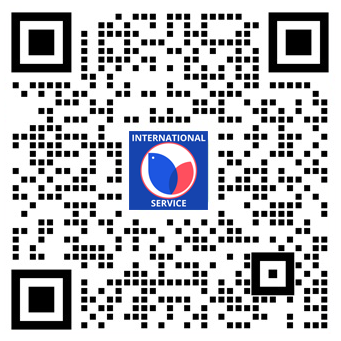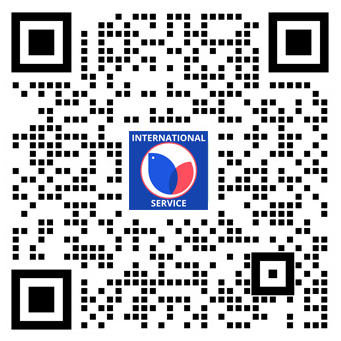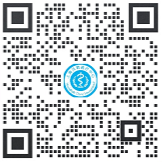
Understanding RSV
RSV, or Respiratory Syncytial Virus, is a highly contagious virus that spreads through respiratory droplets and direct or indirect contact. It is the leading cause of acute respiratory infections in children under five, particularly affecting infants under one year old. Nearly all children will experience at least one RSV infection by age two. In 2019, approximately 33 million children worldwide were reported to have RSV-related acute lower respiratory infections, with about 3.6 million requiring hospitalization and related deaths potentially reaching 101,400.
The Threat of RSV
While RSV infections often present mild cold-like symptoms, they can escalate rapidly, leading to severe conditions such as bronchiolitis and pneumonia. Severe cases may require ventilator support and can increase the risk of long-term respiratory issues, including asthma. Additionally, RSV can impact the central nervous system, cardiovascular system, and other organs, causing a range of complications. Currently, there is no specific antiviral treatment for RSV, making effective preventive measures essential.
Preventing RSV
RSV typically has a seasonal pattern, peaking from November to April in the Northern Hemisphere. Parents can help reduce infection risks by avoiding crowded places during peak seasons and practicing good hygiene, such as wearing masks and washing hands frequently.
The introduction of Nirsevimab provides advanced protection against RSV. This monoclonal antibody targets the virus, offering passive immunity by neutralizing and eliminating RSV in the body.
Key Information About Nirsevimab
Nirsevimab is a monoclonal antibody immunisation product. It is distinct from traditional vaccines, as it provides near-immediate passive protection from delivering RSV-neutralising antibodies to the body, rather than stimulating the body to create its own antibodies. A single injection of Nirsevimab offers continuous protection throughout the RSV season and is suitable for all newborns and infants, including premature babies and those with underlying health conditions.
Nirsevimab, being a monoclonal antibody product, is different to the RSV vaccination that is available in some countries to pregnant women. The purpose of that maternal vaccination (which is not available in China) is for the mother to develop RSV antibodies, which will pass to the baby via the placenta, protecting them for up to 6 months after birth. Nirsevimab will not work in the same way if administered in pregnancy, and so is approved instead for babies to receive directly.
Administration Guidelines
Who Can Receive It? Nirsevimab is approved for infants aged 0-12 months in China, as this group is at higher risk for severe RSV infections.
When to Administer? Infants born during the RSV season can receive the injection at birth. Those born before the season should be vaccinated prior to its start. For babies born between May and October, the injection should be completed between October and November.
Dosage: Only one injection is required
Duration of Protection: One injection provides protection for at least five months, aligning with the typical RSV season.
Safety and Compatibility
The safety profile of Nirsevimab is good, with mild to moderate rashes being the most common adverse reaction (occurring in about 0.7% of cases). Nirsevimab can be administered alongside other vaccines without interfering with their effectiveness.
Parents are encouraged to schedule appointments promptly at Am-Sino Healthcare to ensure their infants receive this crucial protection against RSV.
References:
1. Expert Consensus on the Clinical Diagnosis and Treatment of Pediatric Respiratory Syncytial Virus Infections (2023 Edition)
2. Expert Consensus on the Monitoring and Prevention of Human Respiratory Syncytial Virus Infections (2023)
3. Interpretation of Group Standards for Diagnosing Human Respiratory Syncytial Virus Infections (2023)
4. Clinical Research Progress on Human Respiratory Syncytial Virus Vaccines (2023)
5. Nirsevimab Instructions
6. Guidelines for Diagnosis, Treatment, and Prevention of Pediatric Respiratory Syncytial Virus Infections in China (2024 Edition)
7. Global Pediatric Respiratory Alliance, Chinese Medical Education Association Pediatric Professional Committee, Chinese Medical Association Pediatrics Branch Respiratory Group, et al. Global Pediatric Respiratory Alliance Initiative: Use of Preventive Monoclonal Antibodies to Protect All Infants from Severe Respiratory Syncytial Virus Infections. Chinese Journal of Practical Pediatrics, 2025, 40(04): 241-245. DOI:10.3760/CMA.J.CN101070-20250217-00101











